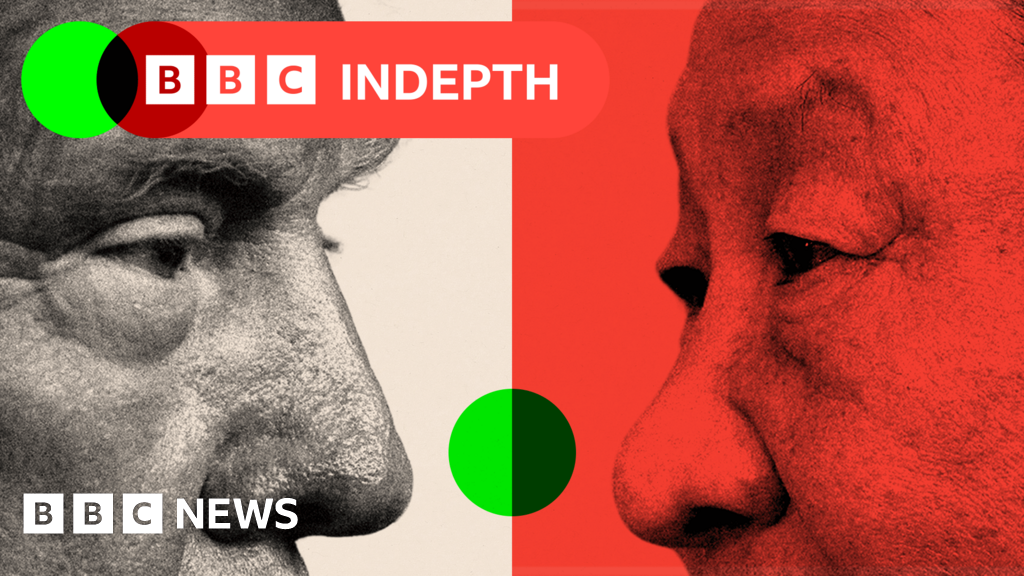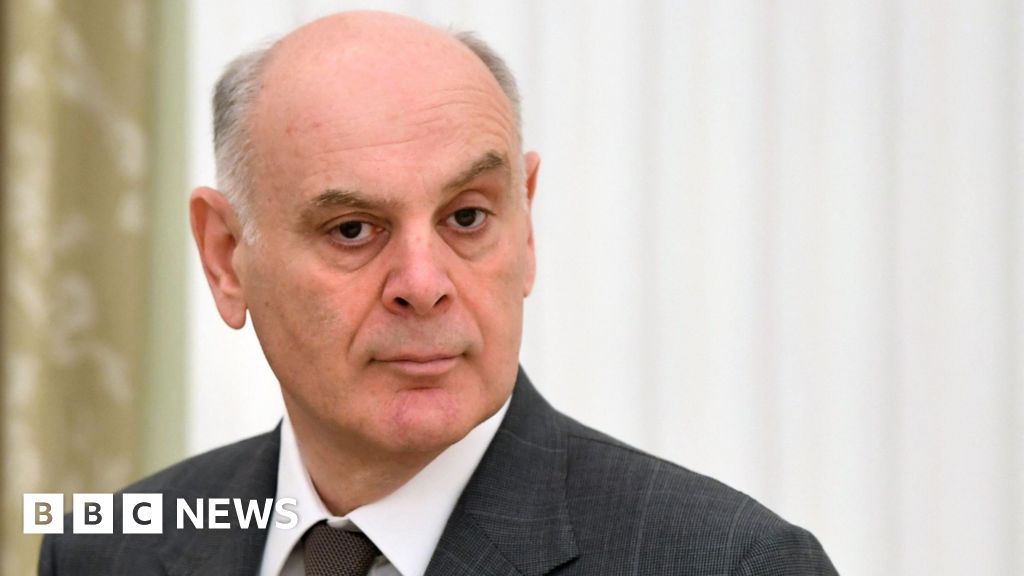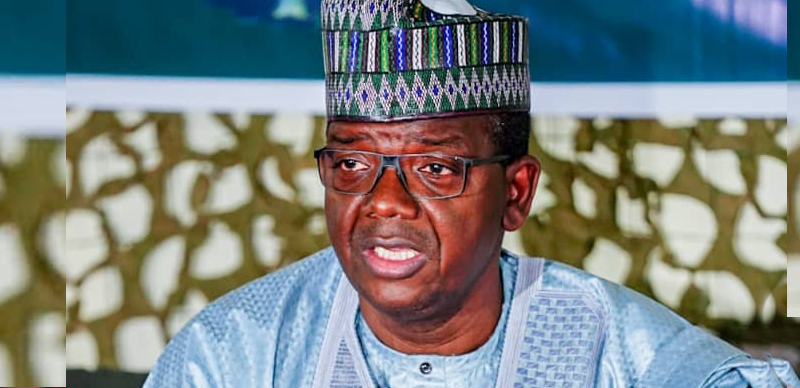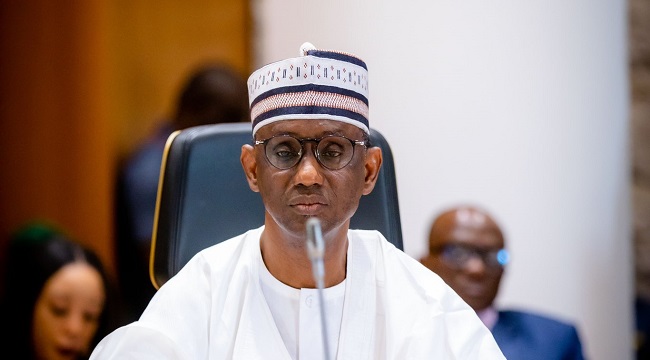The House of Representatives has said the proposed tax reform bills aim to diversify Nigeria’s revenue base, promote equity, and foster an enabling environment for investment and innovation.
House of Representatives Speaker Abbas Tajudeen stated this at ‘The People’s House Interactive Session on Tax Reform Bills’ organised by the House in Abuja on Monday. They, however, said that as representatives of the people, lawmakers must approach the reforms thoughtfully and understand their potential implications for every segment of society.
These include the Nigeria Tax Bill 2024, which is expected to provide the fiscal framework for taxation in the country, and the Tax Administration Bill, which will give a clear and concise legal framework for all taxes in the country and reduce disputes.
Others are the Nigeria Revenue Service Establishment Bill, which will repeal the Federal Inland Revenue Service Act and establish the Nigeria Revenue Service, and the Joint Revenue Board Establishment Bill, which will create a tax tribunal and a tax ombudsman.
They are presently before the National Assembly and have generated controversy.
The Northern Governors’ Forum had rejected the new derivation-based model for Value Added Tax (VAT) distribution proposed in one of the bills when the Forum insisted that the provision did not align with the interests of the North and other subnational entities.
Article 77 of the Nigeria Tax Administration Bill, 2024 provides that: “Notwithstanding any formula that any other law may prescribe, the net revenue accruing by virtue of the operation of chapter six of the Nigeria Tax Act (VAT) shall be distributed as follows: 10% to the Federal Government, (b) 55% to the State Governments and the Federal Capital Territory; and (c) 35% to the Local Governments. 60% of the amount standing to the credit of states and local governments shall be distributed among them based on derivation.”
However, Speaker Abbas said taxes should be fair, transparent, and justifiable, balancing the need for public revenue with the burdens they impose on individuals and businesses.
He said the House had not yet taken a definitive position on these bills, as its role was to scrutinise them thoroughly and ensure they align with the best interests of its constituents and the nation.
He said Nigeria struggled with a tax-to-GDP ratio of just 6% —far below the global average and the World Bank’s minimum benchmark of 15 % for sustainable development despite being Africa’s largest economy.
The lawmaker, who represents the Zaria federal constituency of Kaduna State, said this challenge must be addressed if the country is to reduce its reliance on debt financing, ensure fiscal stability, and secure Nigeria’s future as a nation.
“The controversies surrounding these bills—whether in the media, civil society, or among governance stakeholders—reflect their importance. Such debates are healthy and necessary in a democracy, and this session aims to channel those discussions into productive outcomes. We must listen to diverse perspectives, ask probing questions, and seek clarity on any unclear provisions,” he said.
Briefing the federal lawmakers, the chairman of the Presidential Committee on Fiscal Policy and Tax Reforms, Taiwo Oyedele, explained that the proposed tax reform bills were not targeted at undermining any region or part of the country.
Oyedele said the proposed legislation would only ensure efficiency and give more revenue to states where goods and services are consumed.
He said that under Section 40 of the VAT Act, 15 percent of VAT revenue is allocated to the federal government, 50 percent to the states and FCT, and 35 percent to local government areas.
The chairman of the Presidential Committee stressed that there is nothing to fear in the bills as they are in the best interest of Nigeria, especially states and local governments. “There is no negative thinking about any region or anything,” he said.
For his part, the Chairman of the Federal Inland Revenue Service (FIRS), Zach Adedeji, stated that this proposal will benefit all states, regardless of their economic situation.
“Today, Lagos will take 42 per cent of the VAT. When you include Rivers, Oyo, and FCT, three states will take about 70 per cent of the VAT, and the consumption – we all know – does not happen in only these three states. All states, including or irrespective of the economic situation, will benefit from this proposal.
“For instance, Borno collects 0.32 per cent. Many states, like Bauchi, collect 0.4 per cent, and Lagos collects 42 per cent. Any day I see this, I don’t feel like a Nigerian. Because this is not what we represent,” he stated.
On his part, Deputy Speaker Benjamin Kalu assured Nigerians that the tax reform bills would undergo public scrutiny to allow citizens to evaluate them and make input.
Kalu emphasised the need for clear articulation of necessary provisions to ensure equity, economic growth and inclusivity, and promote sustainable development for the nation.
Kalu said, “Tax reforms should be rooted in our collective aspiration to create a tax regime that works for all Nigerians, regardless of their economic standing. Streamlining taxes should aim to incentivize key sectors where taxation drives innovation, empowers businesses, and uplifts the most vulnerable among us.
“In this regard, we expect more insight into how the tax reforms incentivise the digital economy, support small businesses and low-income households, and, more importantly, how the zero-rated Value Added Tax works or should work.”
Northern lawmakers will be guided by national interest -– Doguwa
The leader of the Northern Region Caucus in the House of Representatives, Hon. Ado-Doguwa, has said lawmakers from the North will allow national interest to take precedence in considering the four tax reform bills.
Doguwa, who spoke to journalists at the tax reform interaction organised by the House in Abuja on Monday, also gave assurance that they would not rush the process but do justice to the bills and to people of Nigeria by studying them carefully and diligently before passage.
“These proposed bills obviously have to do with fiscal federalism as it relates to sharing resources, federating units, and key government institutions. We must, therefore, be careful to study the bills diligently and consider them clause by clause with a view to making justice to the people and justice to the bills in the overall interest of the people and the national interest,” he said.
Doguwa emphasised that “national interest will be the keyword. It will be the watchword, and I believe all of us will be guided by national interest. The government itself, I want to believe, has good intentions.
“So, we will look at those intentions and see how we can educate and enlighten our people; at the end of the day, the law will be for the people’s good”.
The leader of the northern lawmakers also commended the leadership of the House for organising the interaction, saying it had broadened members’ understanding of the bills.
“Building on this good initiative, we will continue to hold further consultations at the levels of state and regional caucuses to create sufficient awareness amongst our members and other relevant stakeholders,” he said
We’re with Tinubu, not governors – Agbese
The Deputy Spokesman of the House of Representatives, Hon. Philip Agbese, has said members of the Green Chamber will support President Bola Tinubu’s tax reform bills at the expense of siding with their state governors who wanted the proposed legislation withdrawn.
Agbese, in an interview with journalists in Abuja, said lawmakers consider the bills a catalyst for the economy’s growth and, as such, were ready to throw their weight behind the four executive bills.
LEADERSHIP recalls that President Tinubu transmitted four tax reform bills to the National Assembly for consideration, following the recommendations of the Presidential Committee on Fiscal and Tax Reforms, headed by Taiwo Oyedele.
Agbese said: “As far as we are concerned in the House of Representatives, nobody can stop us from supporting President Bola Tinubu from rebooting the economy to work for the country. We are united across party lines to make sure the country works. This is the disposition of Speaker Tajudeen Abass.
The Benue lawmaker noted that some state governors were threatening to deny lawmakers from their states return tickets in the 2027 election if they continued to support the bills but said they would not budge.
“The governors did not elect us but our constituents, and as far as the legislation (bills) will work for those that elected us, we will support it unequivocally, wholeheartedly and powerfully to see the light of the day.
“We have made the bills available to every lawmaker to study, dissect and make inputs when we bring them up for debate,” he stated, adding that the proposed legislation is likely to scale through but with some amendments where necessary.
“I see the 10th House passing the bills with minor adjustments to polish it with patriotism and intellectualism. That’s the usual trademark when you have a teacher leading a parliament anywhere in the world.”

 2 hours ago
23
2 hours ago
23













![Ondo Election: ‘He Didn’t Even Win His LG, I Am More Popular’ – Aiyedatiwa Taunts PDP’s Ajayi [Video]](https://www.naijanews.com/wp-content/uploads/2024/11/gov-lucky-aiyedatiwa-and-agboola-ajayi.png)

 English (US) ·
English (US) ·